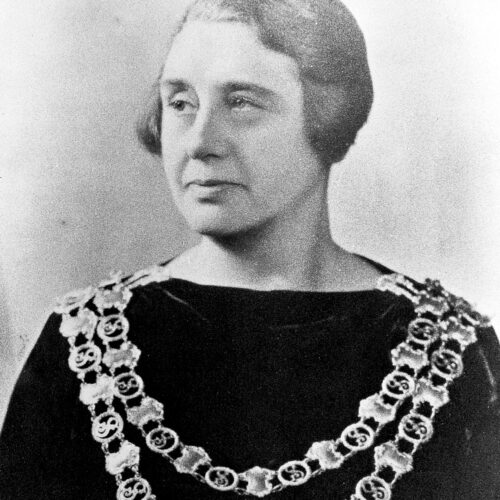

No law can be effective which has not behind it the sanction of the people.
Dorothy Thurtle, quoted by David Tribe in 100 Years of Freethought (1967)
Dorothy Thurtle was a humanist and activist, who campaigned tirelessly for reproductive rights, especially those of working class women, and for social welfare. Dorothy was the daughter of Labour MP George Lansbury (an early member of both the East and West London ethical societies), and the wife of Ernest Thurtle, a fellow politician and Secretary of the Rationalist Press Association 1932-41. Both Dorothy and Ernest lived lives devoted to improving the existence of others, motivated not by any religious belief, but by a firm sense of fairness rooted in compassion, conscience and experience.
Some of us do not agree that our function as Labour women is to help a few Labour men to make careers.
Dorothy Thurtle in New Leader, 26 February 1926
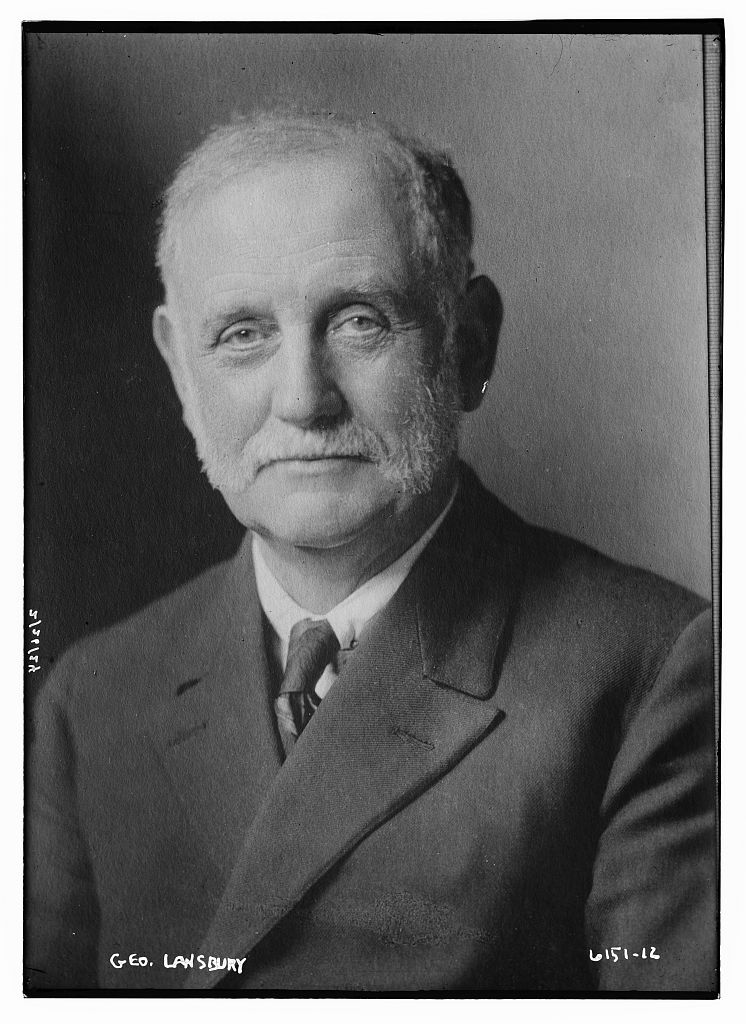
Dorothy Lansbury was born in east London on 15 November 1890, the sixth of 12 children born to George and Elizabeth Lansbury. Amid a whirl of working class radicalism and socialist politics, the Lansburys were associated with the newly formed East London Ethical Society (and later members of the West London group). The Lansbury children attended the East London Ethical Society’s Sunday school, as did the daughters of trade unionist and pioneering labour leader Thomas Mann. Prominent humanist F.J. Gould, who developed his lifelong interest in moral education within the Ethical movement, ran the Sunday school, and later recalled George Lansbury as ‘a man with a truly good heart’. Dorothy herself joined the Independent Labour Party at 16, and later the Women’s Freedom League.
Working as a clerk and accountant, Dorothy was a member of the National Union of Clerks, and the Women’s Labour League. Through her trade union activity, she met Ernest Thurtle, who became her husband and collaborator. The pair married in Philadelphia in 1912, returning to England in 1914, where they had two children and embarked on a shared life of political activism. In a letter written to George Lansbury, Ernest assured him:
We are both looking forward to working together to forward our ideals… logical trade unionists we believe in strength of unity all the way through.
Ernest Thurtle to George Lansbury, 12 July 1912 quoted by John Shepherd in Labour and Working-Class Lives (2017)
Ernest Thurtle became the Labour MP for Shoreditch in 1923, and Dorothy was elected to Shoreditch Borough Council in 1925. She became Mayor in 1936.
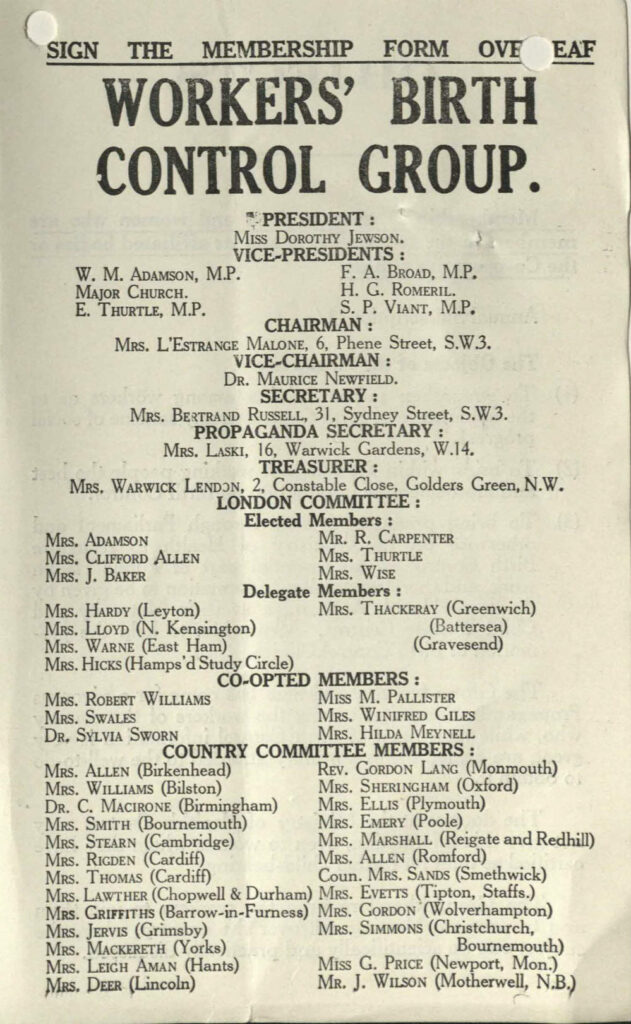
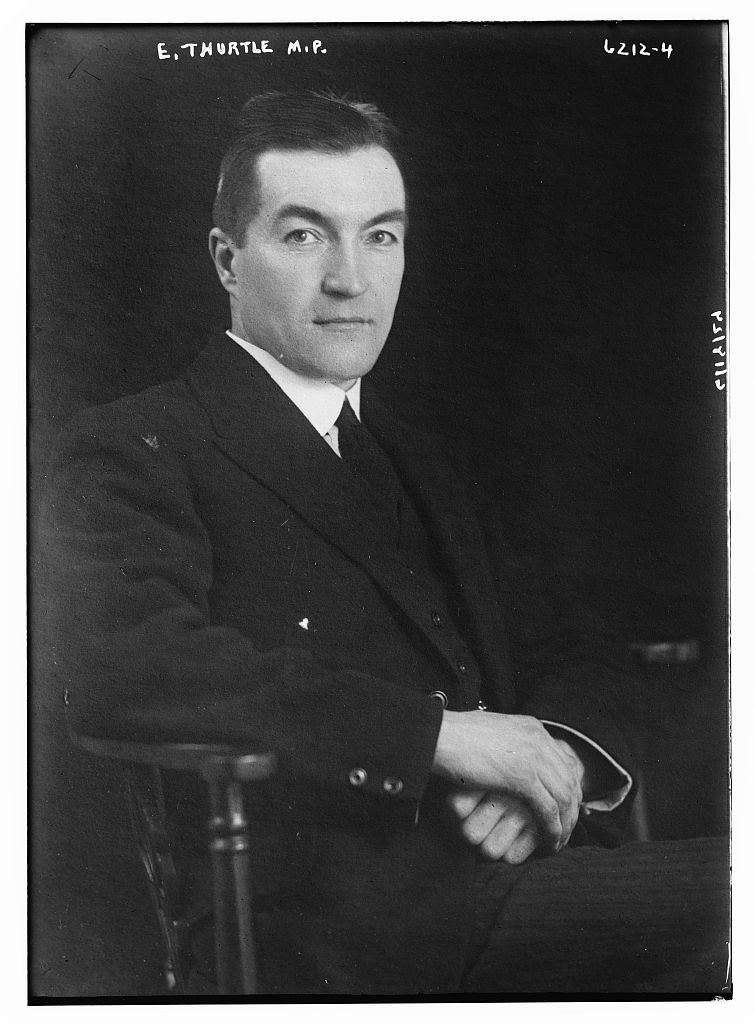
Thurtle became a vocal champion of women’s reproductive rights, placing particular emphasis on those of working women. In 1924, she and Ernest were founding members of the Workers’ Birth Control Group, working alongside a number of other notable humanists (including Dora Russell and Frida Laski) to increase access to birth control information among the working class. Thurtle remained devoted to the cause for the rest of her life, becoming one of the Abortion Law Reform Association’s earliest members in 1936, and its Vice President until her retirement in 1962. She was also actively involved with the National Birth Control Council, the forerunner of the Family Planning Association.
Dorothy Thurtle was motivated by a strong sense of injustice, and a firm belief that there should not be one rule for the rich and another for the poor – especially when it came to birth control and access to abortion. In this, she held firmly to her principles, including as part of the Birkett committee on abortion 1937-9. When this committee, having heard evidence from a range of medical professionals, campaigning groups, and individuals, recommended no major change to the existing abortion laws, Dorothy Thurtle issued her own minority report. She recommended the legalisation of abortion under various circumstances (including in cases of rape or incest), and showed particular sensitivity to the needs and realities of working class women. Although unsuccessful in the 1930s, she continued her activism for decades more, and lived to see the introduction of the 1967 Abortion Act.
Dorothy Thurtle died in St Albans, Hertfordshire on 28 February 1973, having outlived her husband by just under two decades.
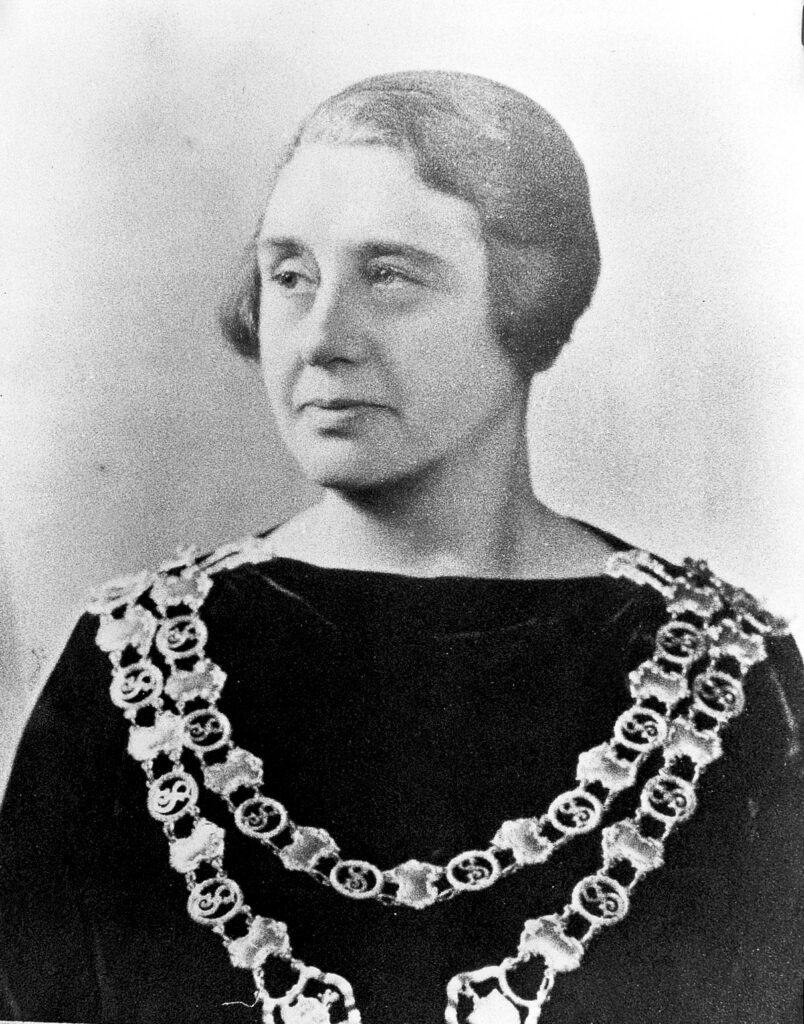
A principled and pioneering campaigner, Dorothy Thurtle was a lifelong worker for freedom, equality, and opportunity. She was a fervent champion of women’s rights, forthright in her conviction that access to contraception and abortion was not the preserve of the wealthy. As a long-serving member of Shoreditch Borough Council, she also worked hard to better the lives of east Londoners, including campaigning for the provision of milk to schoolchildren. In 1937, as Mayor, she established the Shoreditch Children’s Party Fund, which sought to provide all of the borough’s elementary school children with a party in the new school year. In 1946, she was appointed Chair of the London County Council’s Social Welfare Committee.
Drawing on a rich tradition of freethinkers in the battle for birth control, Thurtle worked alongside a remarkable group of fellow humanists (including her husband) for humane and reasoned reform; efforts continued by many humanists today.
Dorothy Thurtle | Oxford Dictionary of National Biography
Labour and Working-Class Lives, eds. Keith Laybourn and John Shepherd (2017)
Sheila Rowbotham, A New World for Women: Stella Browne – Socialist Feminist (1977)
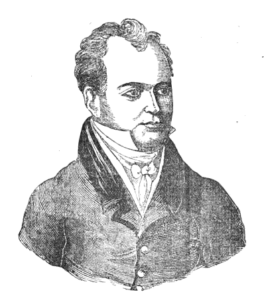
Atheism, unadulterated and undisguised, was diffused into every corner of the land, and the bold voice of the conscientious unbeliever […]
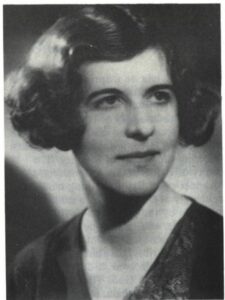
The actress turned campaigner and human rights activist Sylvia Scaffardi was a co-founder of The Council of Civil Liberties, along […]
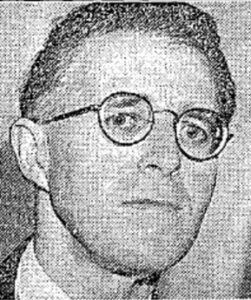
I am a humanist, a rationalist. My mother said to me, some weeks before she died, that she would die ‘an unrepentant […]
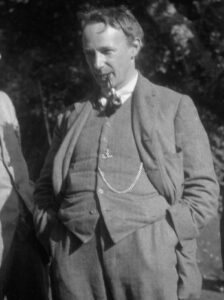
The tremendous influence of Moore and his book on us came from the fact that they suddenly removed from our […]